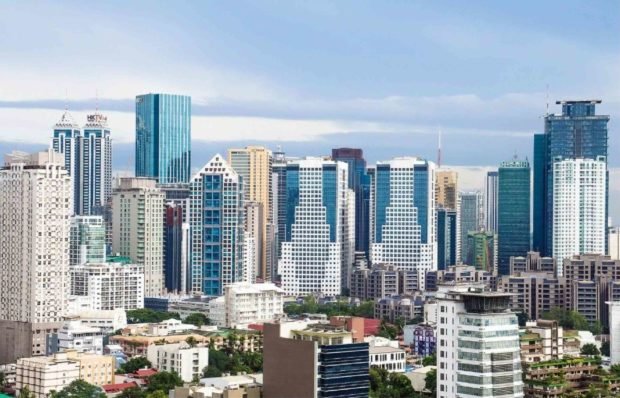Optimism in resilient real estate
It’s stating the obvious: the COVID-19 pandemic and the month-long, Luzon-wide quarantine imposed by the government would dampen the growth of the Philippine economy.
American investment bank JP Morgan Chase Bank had reported that it lowered the country’s full year gross domestic product (GDP) growth forecast to 5.1 percent year on year from a previous forecast of 6.2 percent, noting that “the impact of the COVID-19 outbreak on the Philippine economy may be larger than first anticipated.” Economists from Union Bank of the Philippines were reported to have said that the country’s 2020 GDP was seen to grow by only 5.4 percent, “as the enhanced community quarantine locked down 73 percent of the economy and restricted the movement of people.” Local and international stock markets likewise reeled from this pandemic, with downturns not seen since the last global financial crisis more than a decade ago.
Resilient industries
Despite all these, some quarters continue to be optimistic that there remained bright spots in the economy—with certain industries seen to be resilient amid the growing threat of COVID-19 on the health and lives of people, and the global economy.
Prof. Enrique Soriano III, executive director of Wong+Bernstein Advisory Group, pointed out that real estate is one of those resilient sectors, especially in the case of the Philippines where a huge demand for housing remains unmet.
“For the long term, I would still bet my last centavo on real estate. Real estate investing, when done right, will continue to be a local play for most investors. Unless you are a methodical stock market player, the risk is higher in capital markets as stock movements are heavily correlated to regional and global events,” Soriano said in an interview.
Article continues after this advertisement“The sector has been on an upswing for close to 10 years already. It is bound to slow down with or without COVID-19. Behaviorally, in any downturn, the real estate market will naturally correct itself. In due time, it will start picking up again. The upside is clear: it is a very resilient sector struggling to cover more than six million housing units. All these housing requirements are based on real demand,” he further said.
Article continues after this advertisementSoriano further pointed out that the COVID-19 pandemic is unlikely to have any significant impact on the supply of housing stock. Any prolonged uncertainty, however, will likely reduce demand and a decline in price points on selected geographies, and this slowdown—albeit a temporary one—may weigh heavily on housing developers with a limited capital base.
Still, there are plenty of bright spots, according to Soriano.
“Developers have now realized that technology is a business disruptor and they will be compelled to pursue a multitude of technological applications to boost safety in their housing projects and workplaces. Combining infrastructure with healthcare innovation will now be a powerful value driver both for survival and sustainability. In the end, technology will disrupt real estate economics making the complacent players obsolete,” he explained.
“It should be business as usual for investors. Managing the risk as a result of the current uncertainty is the only hurdle for property players to overcome,” Soriano further said.
7 trends
For its part, real estate service firm Santos Knight Frank pointed out that “despite the impact of COVID-19 and downturn in international stock markets, the Philippine real estate industry continues to have reasons to be optimistic.”
In a statement, Santos Knight Frank said this optimism stemmed from the seven trends seen to shape Philippine real estate in 2020. These include the roll out of real estate investment trust (REIT), which is seen to unlock a number of opportunities in the property market; continued expansion of business process outsourcing industry as fueled by healthcare, animation and game development; and the growth of co-working spaces.
Other trends include: developers’ new focus on sustainability as they become increasingly aware of their environmental impact; the growing requirements of industrial and logistics industries, which have turned their sights outside the capital region for new sites for expansion; Metro Manila remaining a prime residential market; and finally, the growth of co-living spaces, as well as the rise of the micro-studio as a halfway home for Metro Manila’s workforce.
For more news about the novel coronavirus click here.
What you need to know about Coronavirus.
For more information on COVID-19, call the DOH Hotline: (02) 86517800 local 1149/1150.
The Inquirer Foundation supports our healthcare frontliners and is still accepting cash donations to be deposited at Banco de Oro (BDO) current account #007960018860 or donate through PayMaya using this link.
